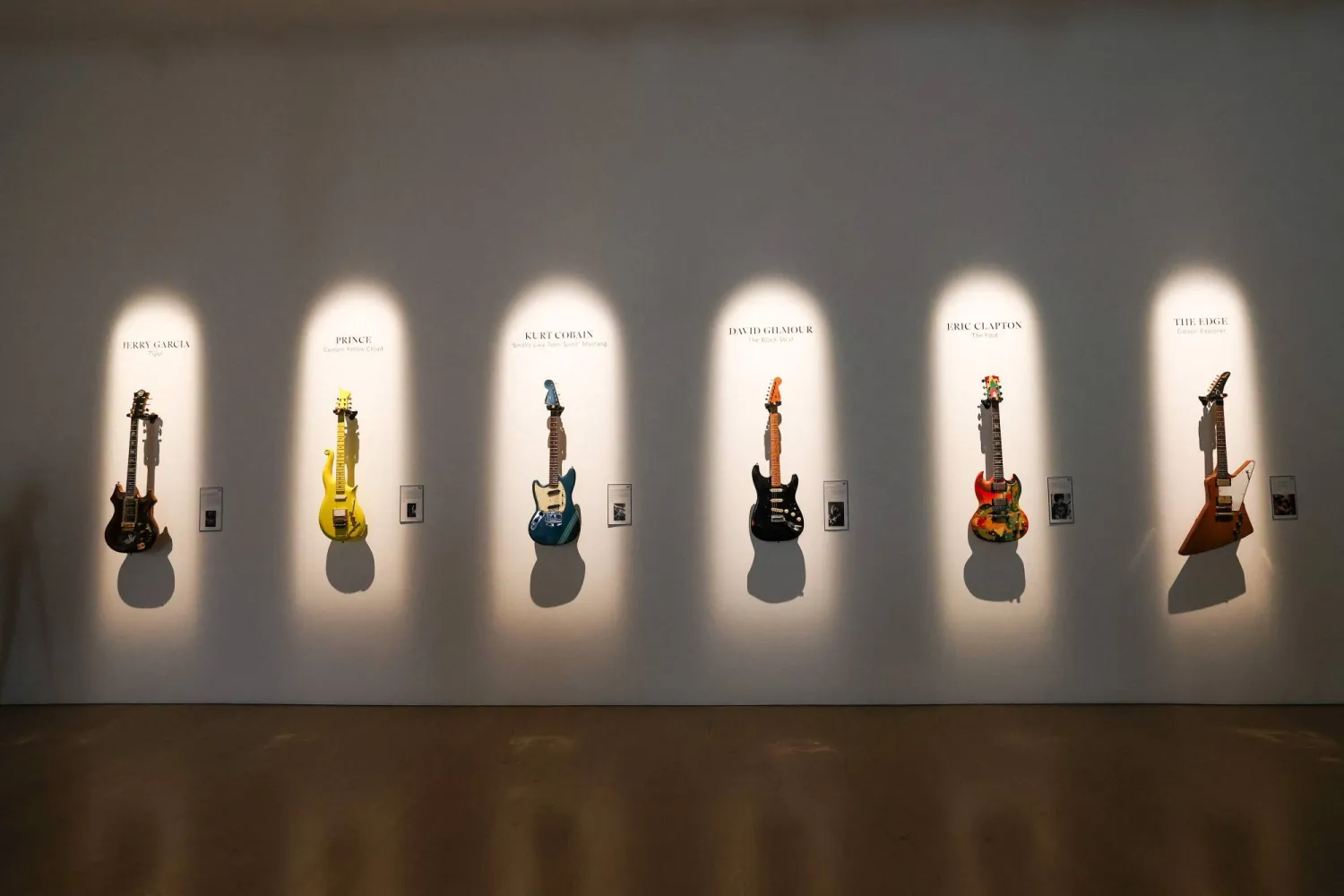Despite his international success, including a new adaptation of the classic puppet tale "Pinocchio," Oscar-winning Mexican director Guillermo del Toro fears that his country's cinema industry is facing "systematic destruction."
Del Toro's animated version of "Pinocchio," in which an elderly woodcarver and his living puppet find themselves in 1930s fascist Italy, was the most watched film on streaming platform Netflix in the week of December 12-18, said AFP.
Its debut on December 9 came a week before the release of "Bardo," an autobiographical tale of a journalist-filmmaker returning home after years in Los Angeles, by fellow Mexican Alejandro Gonzalez Inarritu.
Mexican actors have also enjoyed recent success in Hollywood, including Tenoch Huerta, the rising star of the sequel to "Black Panther," the first major Black superhero movie.
Del Toro, Inarritu and Alfonso Cuaron represent a golden generation of Mexican filmmakers who have won the best director trophy at the Oscars five times since 2013.
Del Toro's fantasy romance "The Shape of Water" earned best picture and best director at the 2018 Oscars.
The following year Cuaron scooped three golden statuettes for "Roma" -- an intimate black-and-white movie about a family in turmoil in 1970s Mexico City.
- 'Brutal' destruction -
But in stark contrast to the international acclaim for the trio, dubbed "The Three Amigos," del Toro has now warned that the country's film industry is facing "unprecedented" challenges.
"The systematic destruction of Mexican cinema and its institutions -- which took decades to build -- has been brutal," he tweeted recently.
Del Toro highlighted an announcement by the Mexican Academy of Cinematographic Arts and Sciences that next year's Ariel Awards -- the country's equivalent of the Oscars -- were postponed until further notice due to a "serious financial crisis."
The organization said it regretted that "the support of public resources has decreased considerably in recent years.
"The state, which was the motor and support of the academy for a long time, has renounced its responsibility as the main promoter and disseminator of culture in general and of cinema in particular," it added.
Del Toro even offered to pay for the Ariel statuettes out of his own pocket.
"He's a generous colleague, an artist who is always aware of what is happening not only with Mexican cinematography but with the arts in general in the country," said Academy president Leticia Huijara.
She would, however, prefer an agreement with the state.
In the meantime, the Ariels have been postponed, Huijara confirmed to AFP.
- Promoting Indigenous film -
Maria Novaro, the general manager of the Mexican Film Institute (Imcine), a government agency, thinks the warnings are exaggerated.
"Del Toro says that there is no more Mexican cinema in the year when there have never been so many productions," she said, hailing a "record" 256 films in 2021.
"And 56 percent received support from public money. Imcine devotes 900 million pesos ($45 million) a year to financing Mexican cinema," said Novaro.
"It's good that Netflix produces a lot of content in Mexico. But it does not replace what Imcine does," she added.
Mexican cinema enjoyed a golden age between the 1930s and 1950s, featuring movie stars such as Dolores del Rio and Pedro Armendariz.
But the industry went through a quiet period before enjoying a revival, helped in recent years by the success of "The Three Amigos."
Mexican cinema has now become decentralized and diversified, according to Novaro, mirroring President Andres Manuel Lopez Obrador's priorities to help impoverished and Indigenous Mexicans.
Since 2019, there has been a program to encourage Indigenous and Afro-descendant cinema, with 56 such films in production, Novaro said.
"Films are starting to come out that tell about migration from the perspective of Indigenous migrants themselves," she added.









